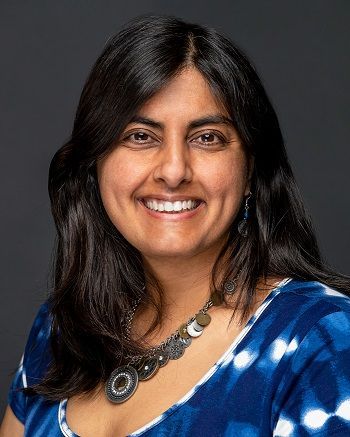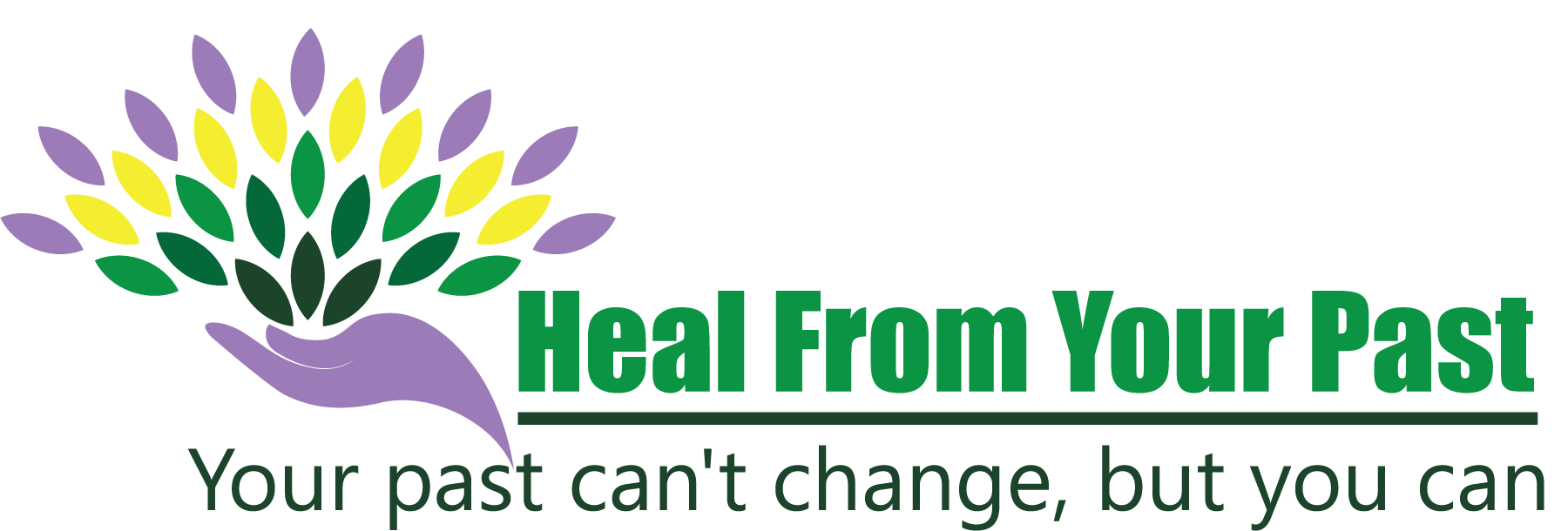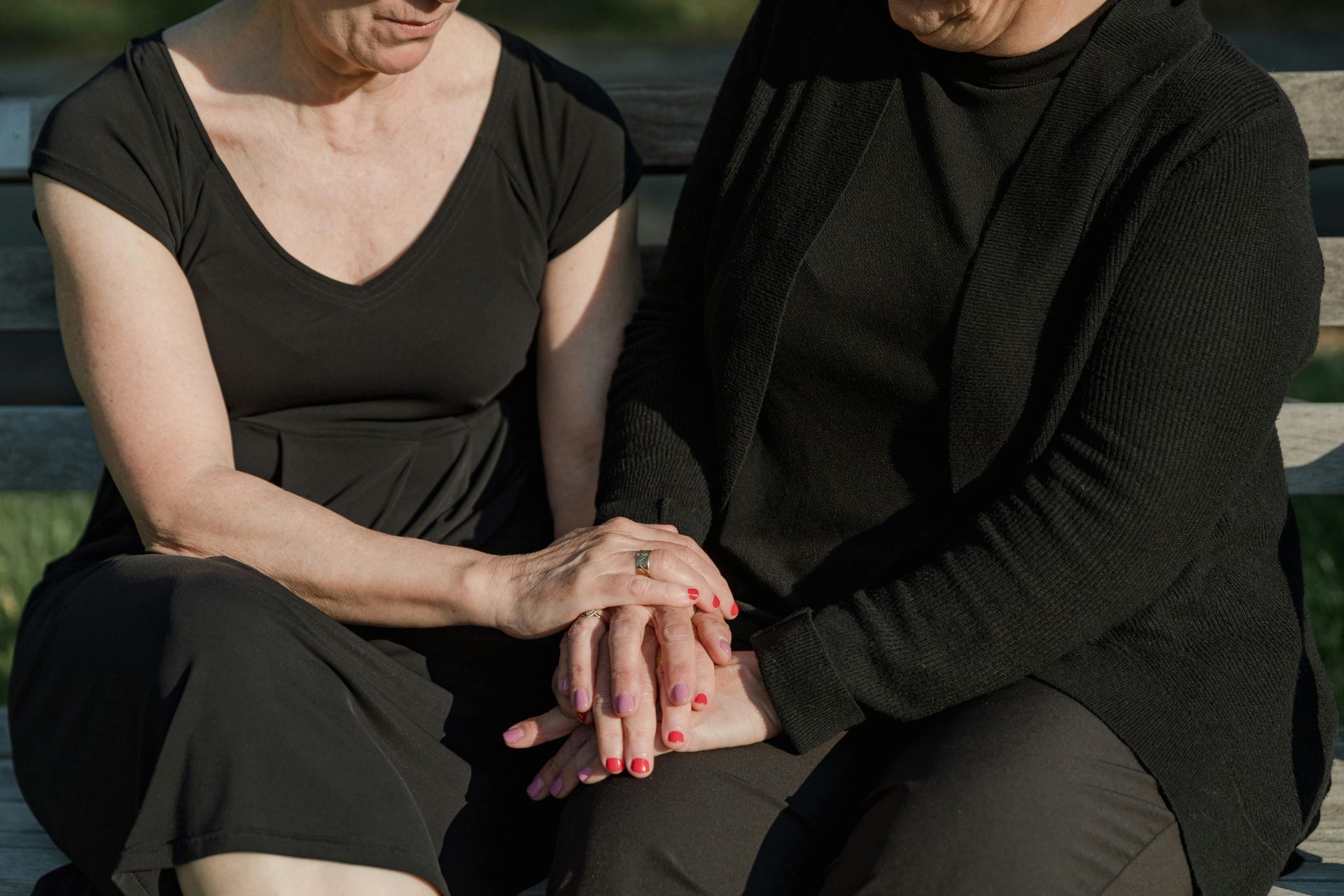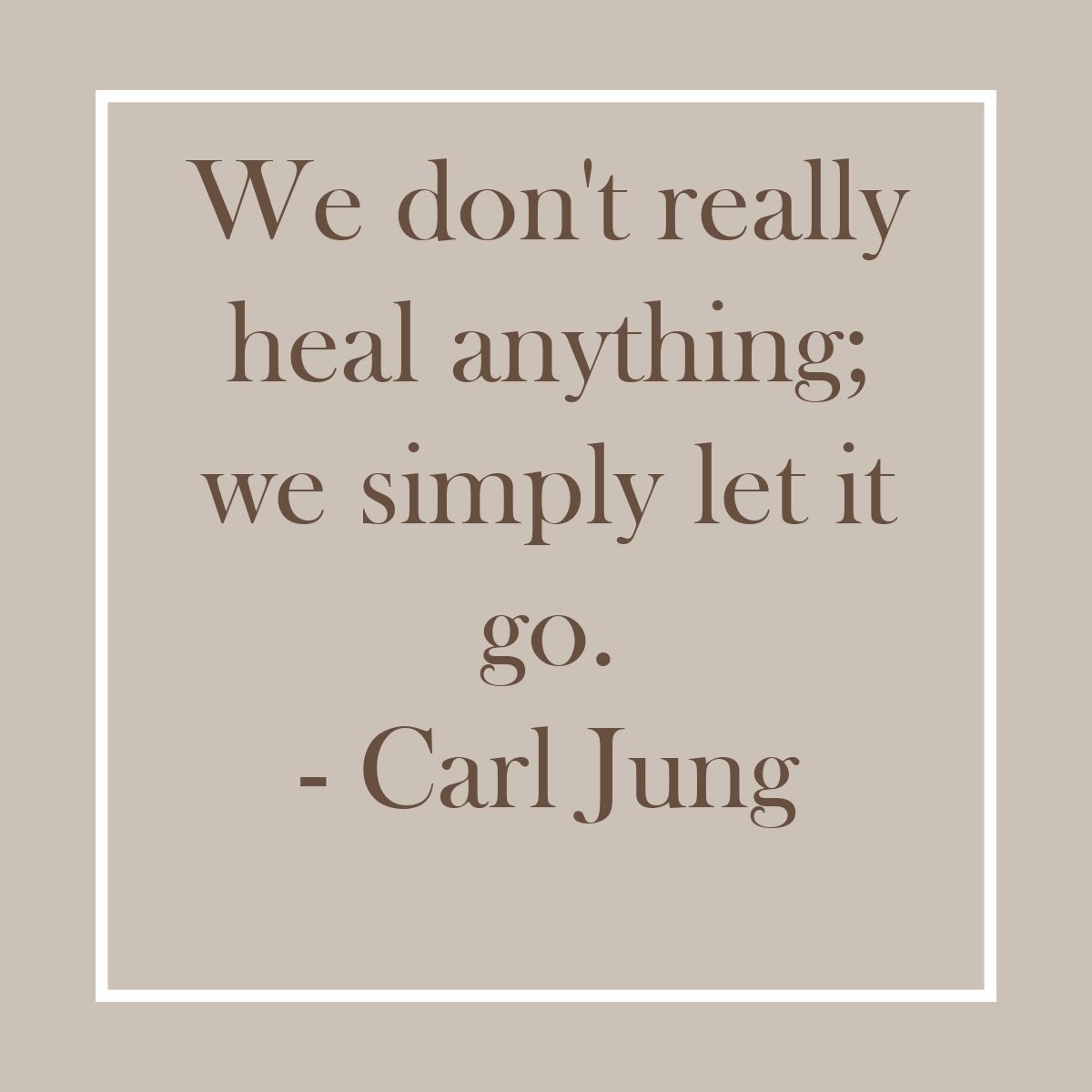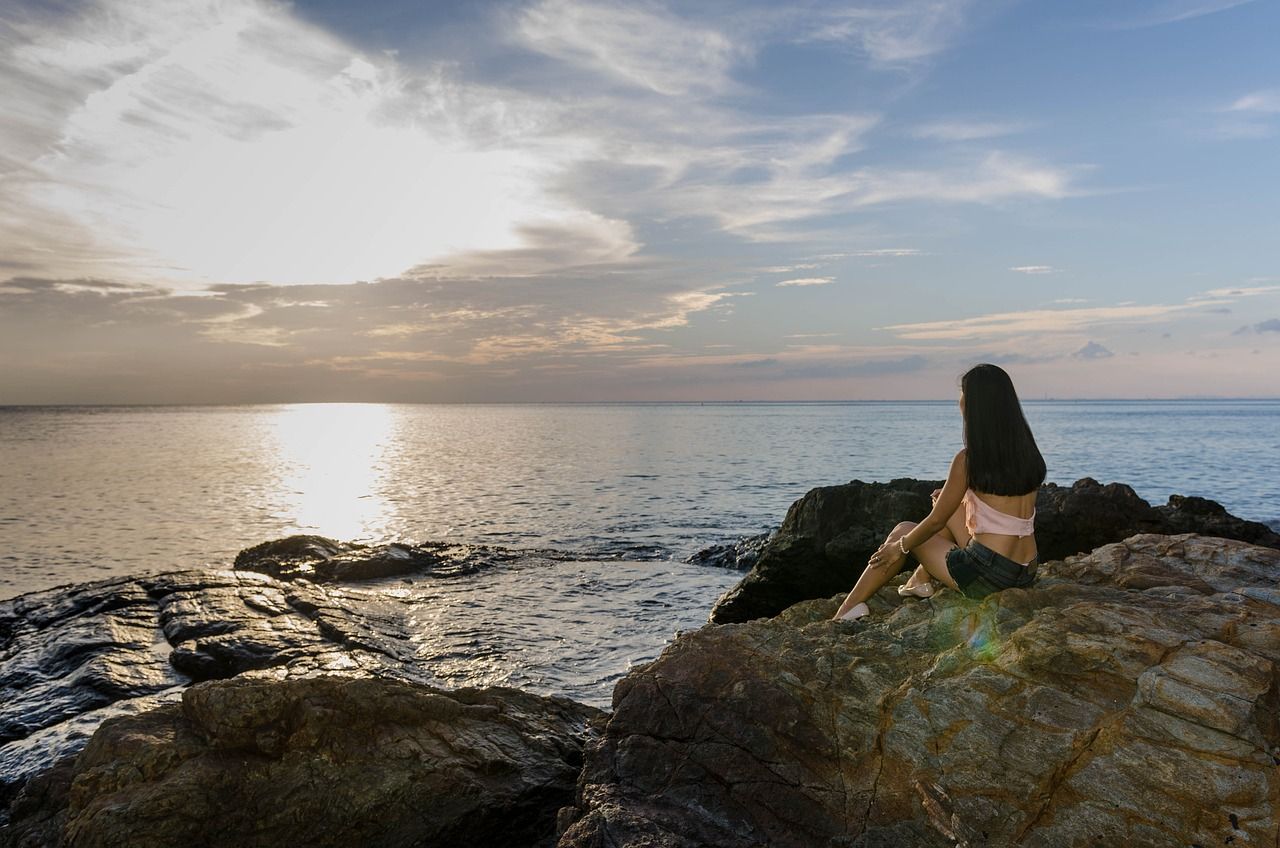Eating for Ramadan
Ramadan began earlier this week (July 20) and will continue for 30 days, until August 19. For those of you who don’t know, the month of Ramadan is a particularly holy period for Muslims across the world.
During this time, in addition to other observances, Muslims fast during daylight hours. They consume absolutely no food or drink (not even water) from dawn to sunset. Since Ramadan is during the summer this year, that translates to nearly 15 hours each day without eating or drinking anything.
(Another thing you may not be aware of is that the Islamic calendar is a lunar calendar; it’s 12-month period is approximately 354 days, instead of the 365 days of the solar-based Gregorian calendar. This means that Ramadan begins 11 days earlier each year. Hence, it does not always take place during the summer.)
The purpose of Ramadan is a spiritual one: a period of self-denial, alms-giving, and prayer for the pious, in several ways similar to Lent in the Christian faith. While my personal beliefs on the health benefits of fasting are debatable (there are many who would argue in favour of regular fasting to “cleanse” the system, and I respectfully disagree), I cannot help but be in awe of the dedication and commitment to faith demonstrated during this time.
That said, while I don’t recommend fasting, if one is to undertake this challenge, it is best to prepare as well as possible. So here are a few tips to consider:
1. Don’t skip breakfast! Missing the morning meal is a bad idea on a regular day, but when you are facing no food until evening, it is even more critical to take in some nourishment to get you through the day. It may be tempting to sleep in rather than wake up to eat before sunrise, but it’s better that you take in the calories and have a nap later if you need the extra z’s.
2. Make sure that the pre-dawn meal, called Suhoor , is adequate in protein. Protein delays the release of carbohydrates from the meal into the bloodstream, allowing for steady blood sugars for a longer time. Translated, this means that you can go longer without feeling hungry. Protein foods include meats (including fish and poultry), beans, lentils, eggs, dairy products, nuts, and seeds.
3. Meals should be low in sodium. Salty foods will trigger the sensation of thirst, and as no fluid is to be consumed during the fast, this can be very uncomfortable deal with during the day.
4. Plenty of fruits, vegetables, and fluids should be consumed at meals. Especially this summer, as it has been so hot, dehydration is a significant issue to consider. Adequate intake at the allowed times will go a long way to preventing headaches and other symptoms of dehydration.
5. Keep cool! Again, to prevent possible dehydration, do not put yourself in a position of extreme heat. This includes exercising during the day.
6. If you’re going to exercise (always a good idea), be sure to do it immediately preceding the sunset meal, called Iftar , that breaks the fast. That way, upon completion of exercise, you’ll be in a position to eat and drink to replenish your reserves.
7. Make a point of eating a wide variety of foods. Cutting down to two meals daily, with no snacks, means that meeting all your nutrient needs will be a challenge. To meet these needs, a variety of foods, including fruits, vegetables, proteins, grains, and dairy products is necessary. If you’re not already taking a multivitamin, this would be a very good time to start.
I hope you find this information helpful. Do you have any other suggestions to make the Ramadan fast more bearable? I’d love to hear from you!



